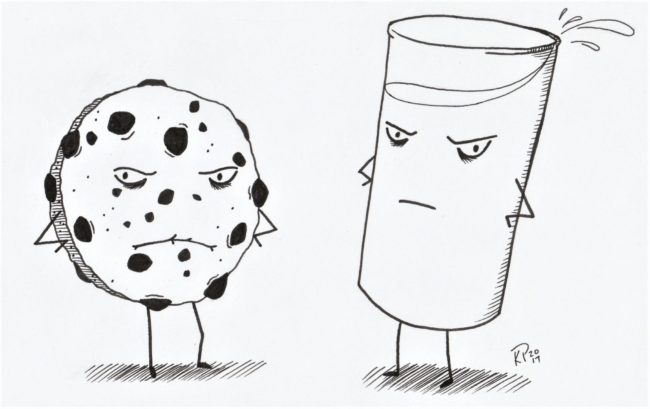According to the campus climate survey conducted by the College of William and Mary’s Task Force on Preventing Sexual Assault and Harassment in fall 2014, one in five female students and one in 16 male students fall victim to sexual assault while at the College.
The College’s first opportunity to educate students is Orientation.
Many people, unfortunately, do not realize the gravity of sexual assault until they or someone they know falls victim to it. Local and national statistics show sexual assault is a problem that is not going away, but in order to combat it, students at the College need to be made aware of the problem.
The College’s first opportunity to educate students is Orientation. Orientation is required for all first-year and transfer students and is therefore the perfect opportunity to educate the student body on sexual assault issues. As a freshman, I was curious to see how the College would handle sexual assault education. Unfortunately, this year, the College fell short, and I was ultimately disappointed
During Orientation, new students were required to attend a session that consisted of a video screening and scripted panel discussion. The video — which was created to replace the controversial “Milk and Cookies” skit in which a student shoved cookies into another person’s mouth to illustrate what consent is and is not — follows a cast of characters as they struggle with roommate disagreements, alcohol abuse, stalking and sexual assault.
Although the video aimed to handle these issues in a vague, mild way to avoid triggering viewers, it did not treat sexual assault with the seriousness and clarity it desperately needs. One scene tells the story of a typical college freshman who went to a party, drank too much and went home with one of her guy friends. She woke up the next morning not remembering what had happened. Eventually, after weeks of her “acting weird,” her roommate asked her if she was OK. The girl then told her roommate that she believes she was assaulted.
The video then abandons this storyline to follow the lives of the other characters, but it returns to the girl several months later. She is depicted as happy and stable following a minimal amount of therapy.
The girl’s assaulter faces no consequences and shows no remorse or guilt for what he did. The video does not even imply that he should face consequences for his actions. Additionally, the girl recovers from the incident extremely quickly. The video and panel did not at all touch on the many difficulties and hardships survivors face.
The video brushed over sexual assault as if it is something that an individual can get over in a couple of months. It doesn’t even show the assaulter admitting to doing something wrong — his life carries on normally, while the survivor’s life is briefly interrupted and then returns to normal.
This is not what sexual assault looks like in the real world. Survivors carry what happened to them for the rest of their lives; they do not “get over it” in a matter of months. The College should be demonstrating the strict punishments that can result from assaulting someone. They should be showing what the reporting process looks like and how it can affect the survivor and those around them. They should be clearly depicting what consent looks like, and they should be showing how students can help their friends who are survivors of assault.
Our school only has a few critical moments to educate us about sexual assault prevention. This video did not properly explain how to prevent or respond to sexual assault …
Our school only has a few critical moments to educate us about sexual assault prevention. This video did not properly explain how to prevent or respond to sexual assault, as well as the crippling consequences that come with it. Orientation was a missed opportunity that should have been utilized to make it clear to freshmen that sexual assault is not something that can be taken lightly.
If we want sexual assault on campus to stop, we must do better than this.
Email Katherine Yenzer at keyenzer@email.wm.edu.

































